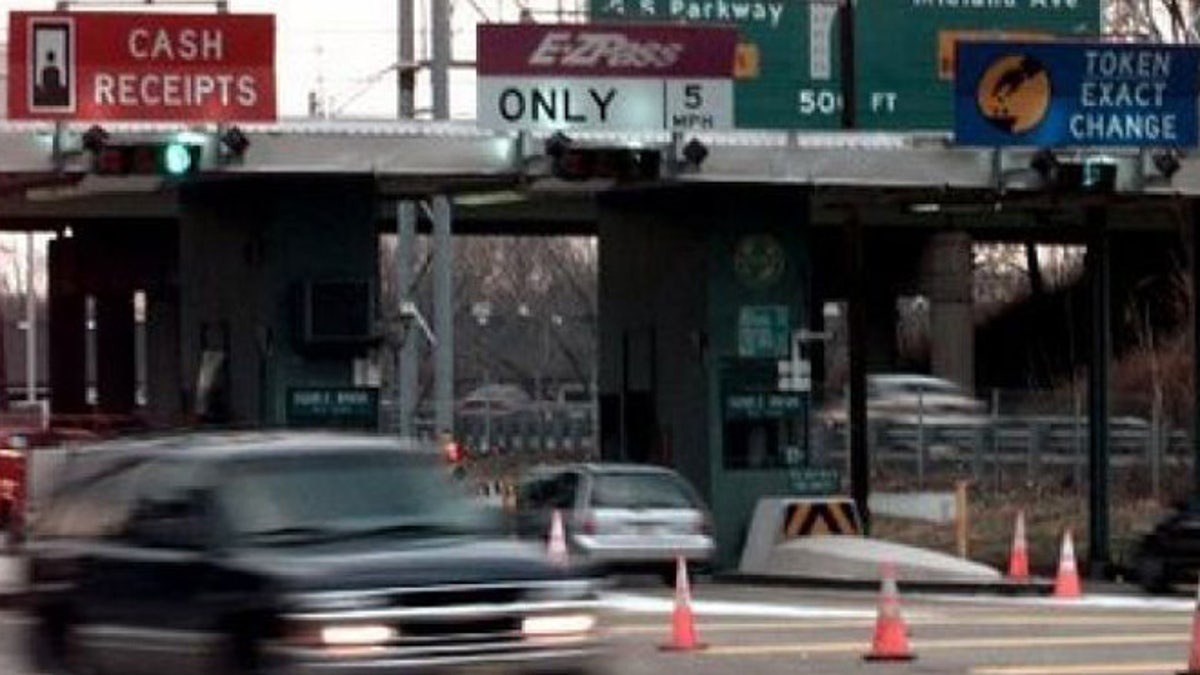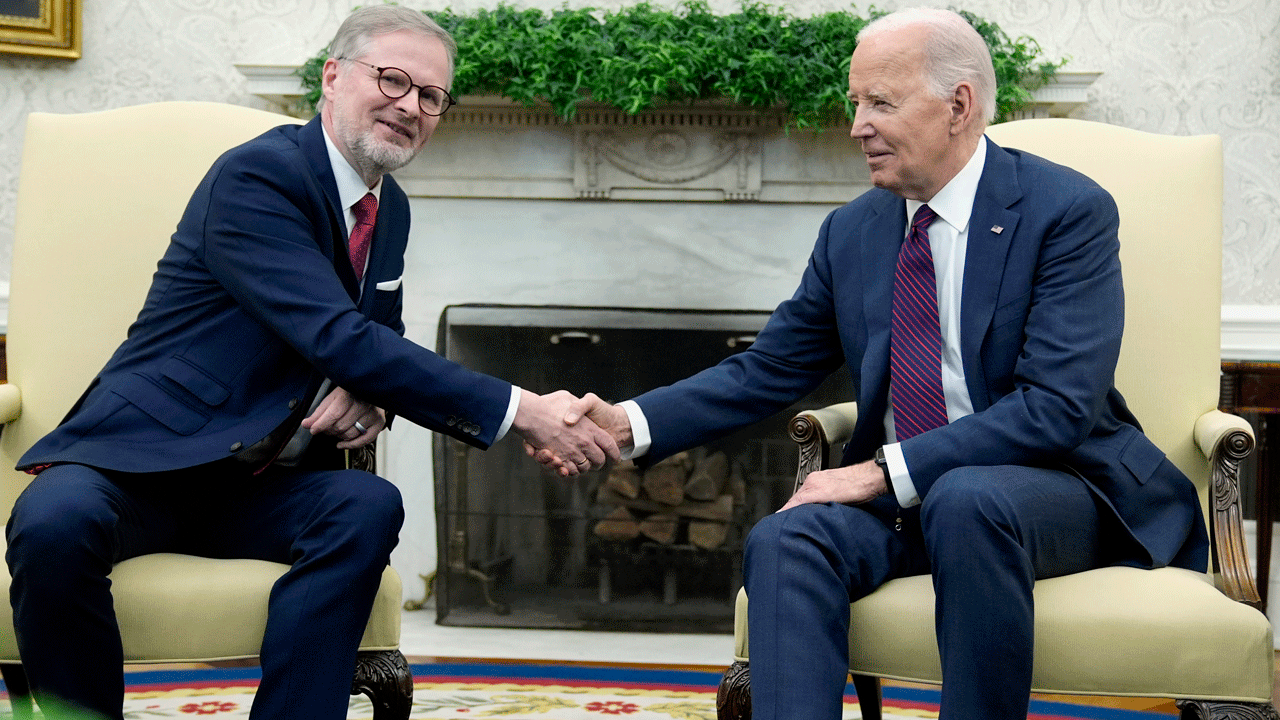
(Fox News)
WASHINGTON – Loopholes in California and Colorado laws designed to keep criminals from hunting down cops and other public employees are being used by local officials and their extended family as a way to avoid paying thousands of dollars in traffic and parking fines.
In Colorado, special license plates issued to 100 state lawmakers and representatives not only shield them from radar tickets for speeding, but also prevent collection notices on past-due parking tickets.
That’s because the legislative plates in Colorado aren’t entered into the Division of Motor Vehicles database. If someone with a special license plate blows through the speed limit and is caught on radar, there is no actual information in the state’s records to cross-reference the plate caught on camera to the driver’s home address. The lack of information also applies to Denver’s collection department.
“Because the Department of Public Works relies on the DMV database to contact people with unpaid parking tickets we are not able to contact legislators with unpaid parking tickets,” Denver Public Works spokeswoman Emily Williams said in a statement.
Daily politics news delivered to your inbox: sign up for our newsletter
A Denver-based CBS investigation revealed 16 legislative license plates that have accumulated more than $2,000 in fines and penalties that have not been paid.
The plates in question are not on state-issued cars. The 100 plates are doled out to state lawmakers to use on their personal vehicles. Initially, officials in Denver said they would correct the problem but later backtracked and said it would be too costly. For now, the fines, along with the names of violators, remain buried in city files.
The problem is more widespread in California – which allows vehicles registered to motorists affiliated with 1,800 state and local agencies to block their addresses under a state program.
Some say the Confidential Records Program, which was created 30 years ago, has been expanded and exploited to cover hundreds of thousands of public employees from police to museum guards as well as their spouses and children.
“The authorities? They don’t even know who’s on the list,” Chad Dornsife, director of the Best Highway Safety Practices Institute, told FoxNews.com.
Some of the perks that come with membership include breezing through intersections controlled and monitored by red light cameras, blowing though the state’s 91 toll lanes and ignoring parking tickets.
The city’s top violators included a parole agent with the Department of Corrections and an Orange County social worker, according to a 2008 investigation by the Orange County Register.
The newspaper identified one of the heaviest hitters as an airport traffic officer.
Their investigation showed that when a California Highway Patrol officer pulled over the airport traffic worker’s Toyota Camry, an initial check revealed more than $34,805.95 in unpaid penalties. The Camry was stopped after the officer saw the Camry go through the express toll lane for what turned out to be the 470th time – for free.
The Orange County Register unsuccessfully tried to track down the toll-blowing couple, going so far as to leave a note on their front porch.
California first started withholding police officers’ addresses and information as a safety measure in 1978. By 1985, state lawmakers had expanded the program to include judges, prosecutors and themselves. Twenty-eight years later, the list has ballooned to include city council members, prison guards, investigators and National Park Service rangers.
In 2001, then-California Assemblywoman Jenny Oropeza sponsored legislation that would give police chiefs the authority to hand out plates to non-sworn employees in “sensitive” positions.
Since then, other lawmakers have tried to push legislation through to cut back or eliminate the special plates but all have been unsuccessful. It’s something Dornsife says he doesn’t see changing in the near future.




